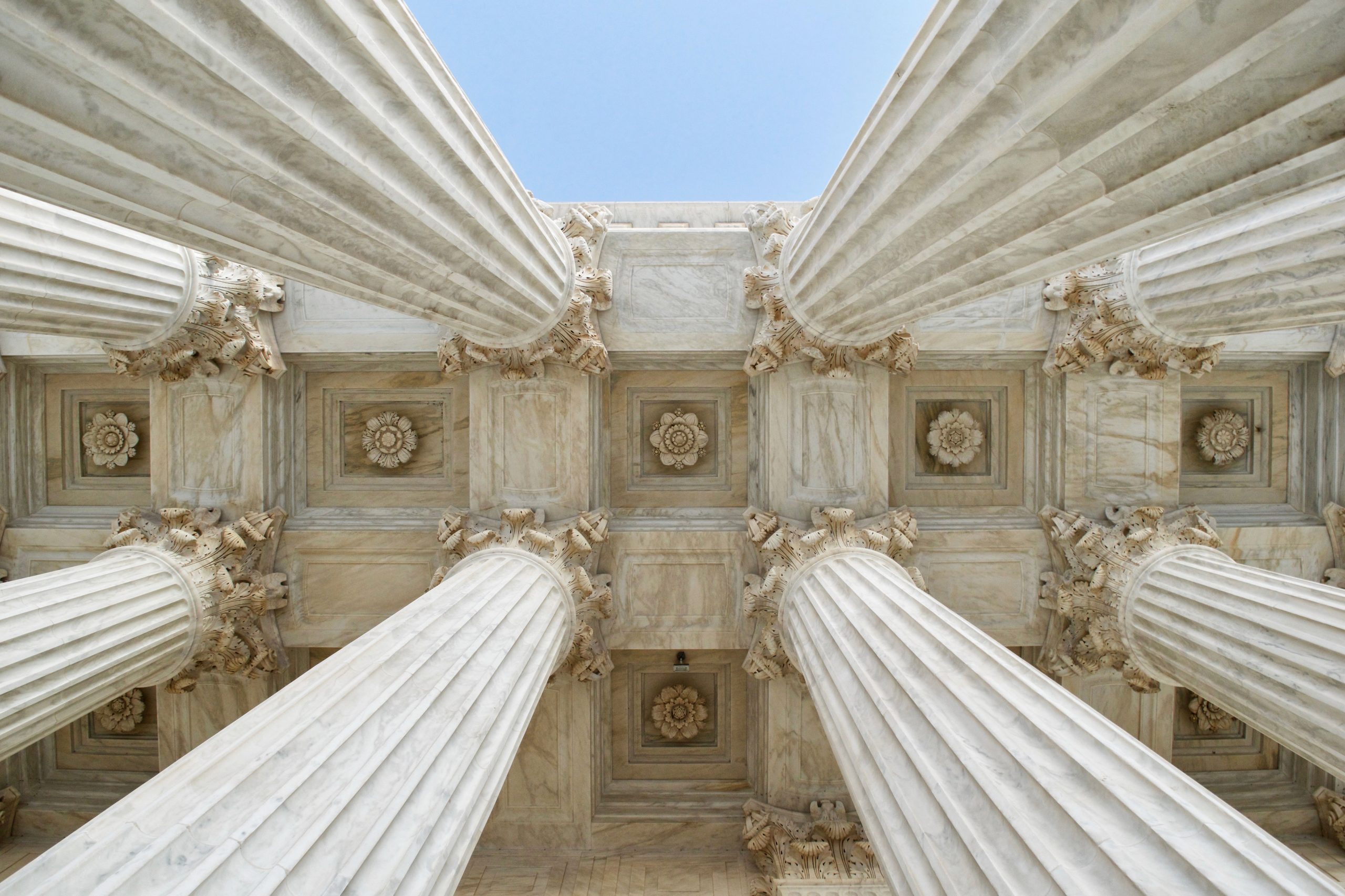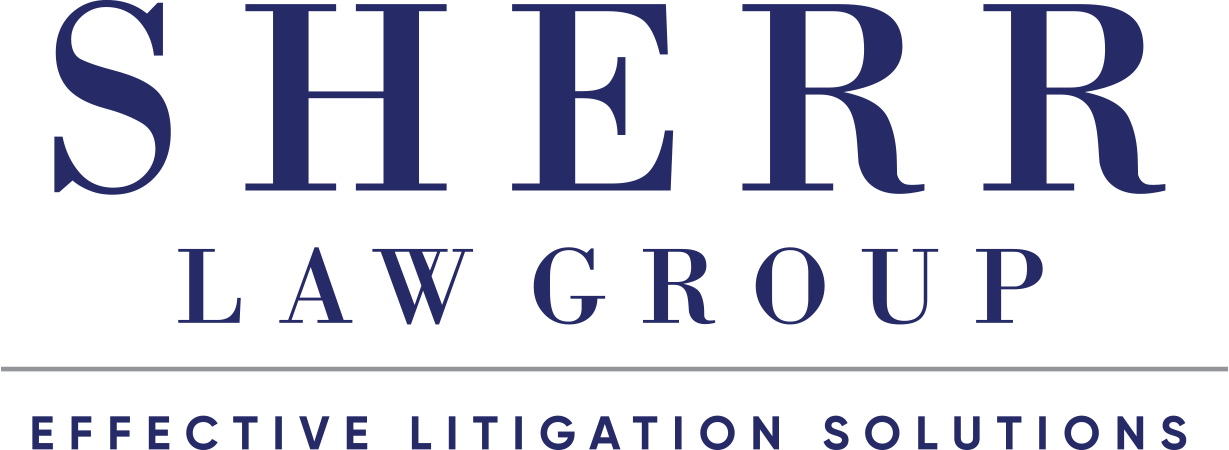
As of May 6, 2020, in the state of Pennsylvania, there have been nearly 52,000 cases of COVID-19 and over 3,000 deaths. First responders, healthcare workers and other essential people employed by municipal governments are getting sick and some are dying of COVID-19. Those that become ill are likely to have their salaries covered by sick leave, short-term disability insurance or worker’s compensation. But the spouses and children of those who die may well vent their grief and anger by filing wrongful death suits against the municipality or government unit that employed them. They are likely to claim damages for the employer not adequately protecting their loved one from the coronavirus. The first such action already has been filed by a family against a private employer, alleging it did not take adequate steps to protect the worker who died. Although statutes generally hold that worker’s compensation is the vehicle for dealing with this sort of claim, plaintiffs may not be content with the relatively small sums that get paid under worker’s compensation. It is a given that individuals who go to work as police officers, EMS technicians, firefighters, some medical professionals and other key jobs know that they are assuming a higher degree of risk than people in ordinary jobs. So, the legal question that might arise is whether COVID-19 is a typical assumed risk that is simply part of their occupation. Understandably, municipal governments in Pennsylvania have their hands full right now just dealing with the countless challenges and problems the pandemic creates for local citizens, businesses, hospitals and other institutions. Yet it behooves municipalities of all sizes to begin gathering data that documents the steps taken to protect all of its front-line employees in the event of a lawsuit.
Is Covid Exposure “Unintentional?”
In general, worker’s compensation insurance covers injuries, illnesses or death caused “unintentionally” by exposure in the workplace to some sort of hazardous condition. The question that will be litigated is likely to be whether exposing a municipal employee in Pennsylvania to COVID-19 meets the definition of unintentional. Beyond the possibility of a higher payout by filing a lawsuit, wrongful death plaintiffs could have other reasons they might be motivated to bring an action in court. When a workers’ compensation claim is filed, it is argued before a hearing officer or administrative law judge. Worker’s compensation damages are limited to lost wages and medical expenses. In a wrongful death lawsuit, the family of a deceased worker could ask for a jury to evaluate the evidence and decide the amount awarded. Juries can award lost wages and medical expenses as well as noneconomic damages such as pain and suffering, loss of life pleasures and loss of companionship. Also, the wrongful death lawsuit may provide a plaintiff access to the larger coverage limits of a general liability insurance policy. To avoid prolonged litigation, the family may believe they could get a quicker payout rather than enduring the lengthy workers’ compensation process.
How Pennsylvania Municipalities Can Prepare to Defend Wrongful Death Claims
Be prepared is more than a Boy Scout motto; it is the best way to defend against lawsuits of any sort and especially those claiming wrongful death from COVID-19. Although there are well-documented shortages of personal protection equipment and even masks and gloves, municipal governments should be keeping tabs on what gear it is providing to employees who come in contact with COVID-19 sufferers. It also is important to document how guidelines issued by the Centers for Disease Control are being followed. Test essential employees frequently. Whether employees who test positive or display symptoms send them home until they are declared healthy by a medical professional. Since first responders, medical professionals, people working in sewage treatment and water plants along with garbage collectors and others are classified as essential workers, the CDC has issued somewhat different guidelines including allowing asymptomatic employees to continue to work as long as the guidelines are met. Keep track of how employees are notified when a co-worker falls ill. Err on the side of transparency. The Occupational Safety and Health Administration is likely to decide that failing to notify municipal employees of a confirmed COVID-19 case is a violation of its broad “care of duty” provisions which is OSHA’s generic requirement to maintain a safe workplace.
Advice Available for Pennsylvania Municipalities
The municipal law attorneys at the Sherr Law Group can help municipalities and all levels of government on how to prepare in case an employee dies tragically from COVID19 and their family files a lawsuit. If you want to know if your government unit is preparing properly, and how it may affect a claim, feel free to call me or any of our Sherr Law Group attorneys in Bala Cynwyd, Collegeville, Conshohocken, Harrisburg, King of Prussia, Montgomery County, Narberth. Norristown, Philadelphia, Scranton, and Whitpain Hills Pennsylvania. Our electronic infrastructure allows the Sherr Law Group municipal attorneys to work remotely collaborating with one another and our clients. We have access to client files and any of us can meet with you in our video conference room, by email or by calling us at 484-591-3000



